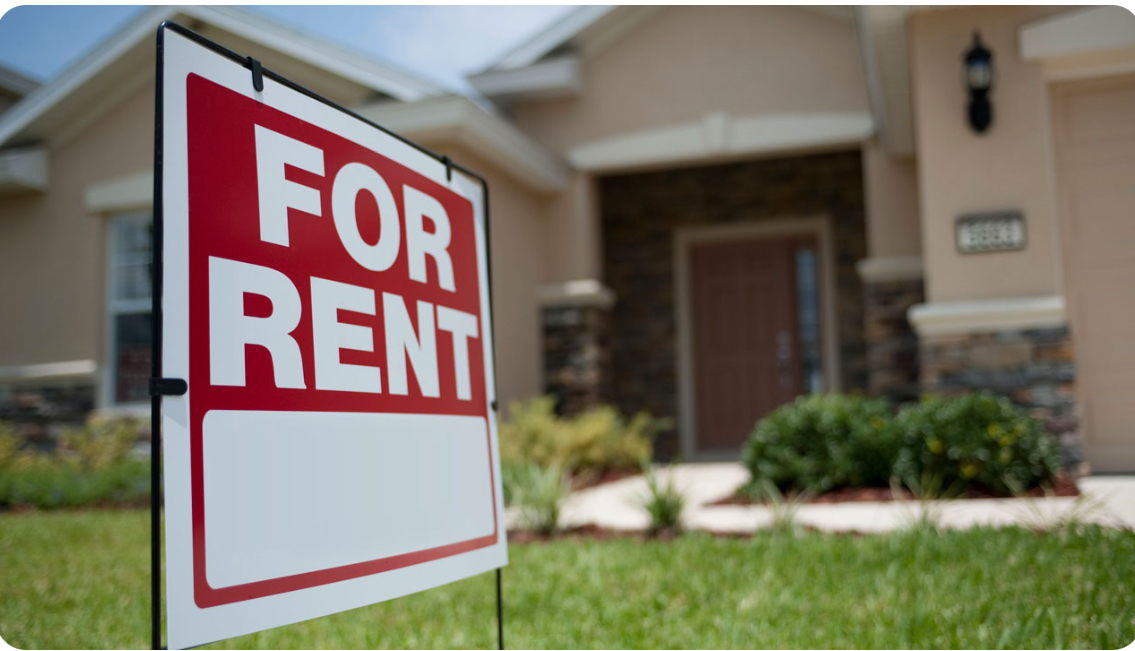The ongoing move by the Lagos State Government to review its Tenancy Law has stirred significant public interest. With Lagos being Nigeria’s most populous city — and over 70 per cent of its residents living in rented accommodation — any legislation that touches landlord-tenant relationships has far-reaching implications for individuals, families, and the real estate market at large.
The proposed Lagos State Tenancy Bill 2025 seeks to address recurring issues in the rental housing market, including arbitrary rent hikes, lack of proper documentation, delayed dispute resolution, and unregulated agent practices.
Some of the key provisions include the capping of advance rent collection, mandatory issuance of rent receipts, defined notice periods for termination, court-sanctioned evictions, and structured alternative dispute resolution (ADR) processes. It also proposes stricter regulation of estate agents through mandatory registration and defined commission rates.
While these are laudable steps, the practical success of this law will depend heavily on how well it reflects the realities on the ground. This is where professional consultation becomes not just important, but indispensable.
Why professional consultation is crucial
Grounded in reality, Professional estate surveyors, valuers, property lawyers, and facility managers are daily witness to the challenges relating to landlord-tenant relationships. Their insights ensure that the provisions in the bill are workable, enforceable and not open to easy abuse.
Avoiding unintended consequences
Well-meaning laws can sometimes produce opposite effects if they are not aligned with economic realities. For instance, a poorly structured rent cap could discourage investment in rental housing, worsening the housing deficit the law seeks to address.
Building investor and public confidence
Balanced regulations attract investment. When landlords, tenants, and investors see that laws have been shaped with input from reputable professional bodies such as the Nigerian Institution of Estate Surveyors and Valuers (NIESV), the Nigerian Bar Association (NBA), and the Real Estate Developers Association of Nigeria (REDAN), compliance is more likely and disputes reduce.
Ensuring smooth implementation
The new Lagos state tenancy bill law will only succeed if its provisions can be effectively implemented. Court procedures, Alternative Dispute Resolution (ADR) mechanisms and agent regulations require operational frameworks that professionals can help to design and test.
Moving forward
The Lagos State House of Assembly has already taken commendable steps by calling for public hearings and inviting stakeholders to contribute to the review process. However, consultation should not be a one-off activity during the draft stage. It must continue during implementation, monitoring, and periodic review of the law.
Professional bodies, academics and housing policy experts should be part of ongoing advisory committee’s effort to ensure that the Tenancy Law evolves with the market realities and continues to serve its purpose of protecting both landlords and tenants while encouraging investment in the rental housing sector.
Lagos is the heartbeat of Nigeria’s real estate market. The final decisions on the bill will set the tone for the rest of the country. By deepening consultation with industry professionals, the Lagos state government can ensure that the new tenancy law becomes a model of balanced, effective and progressive housing regulation.
Credit:The Guardian

